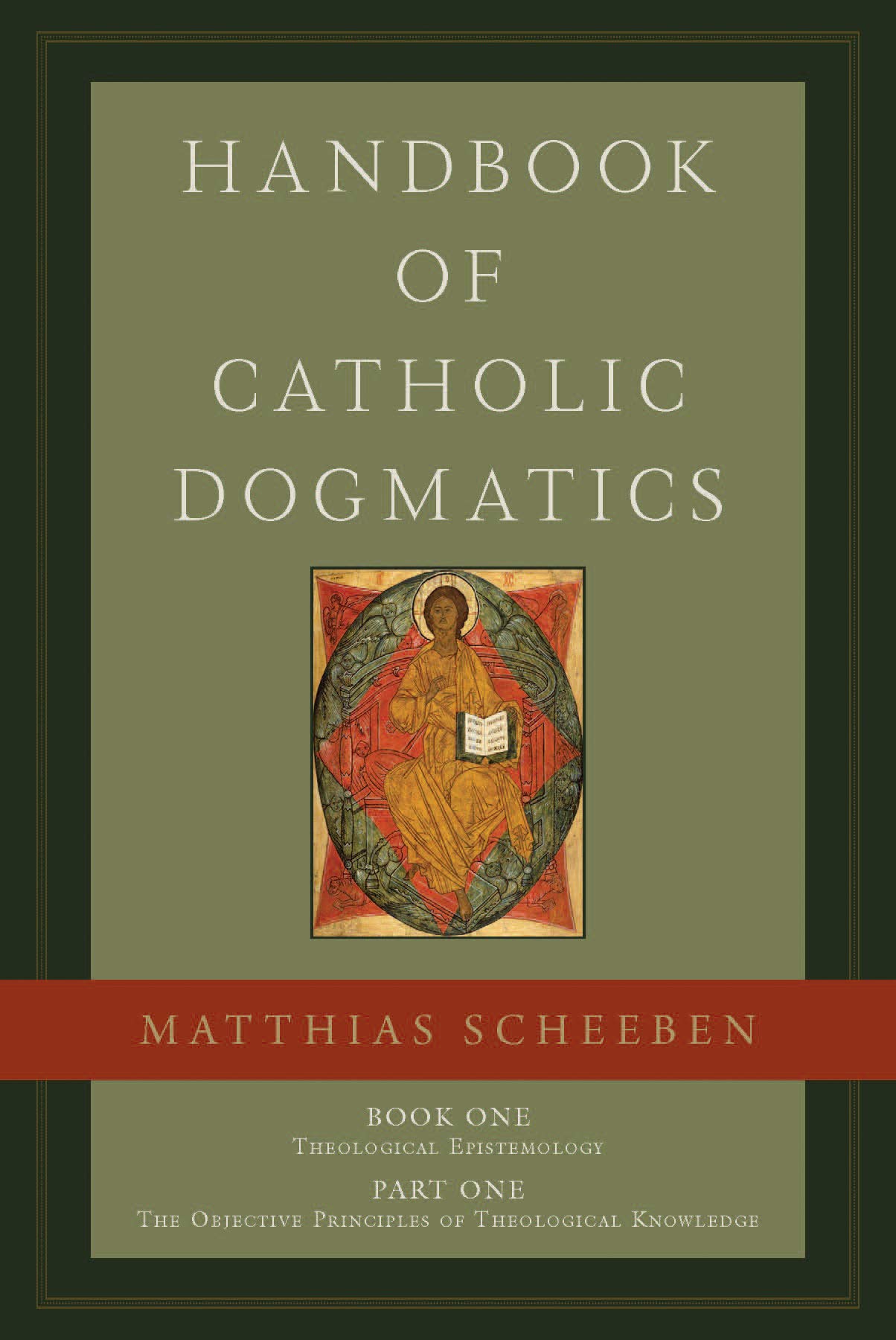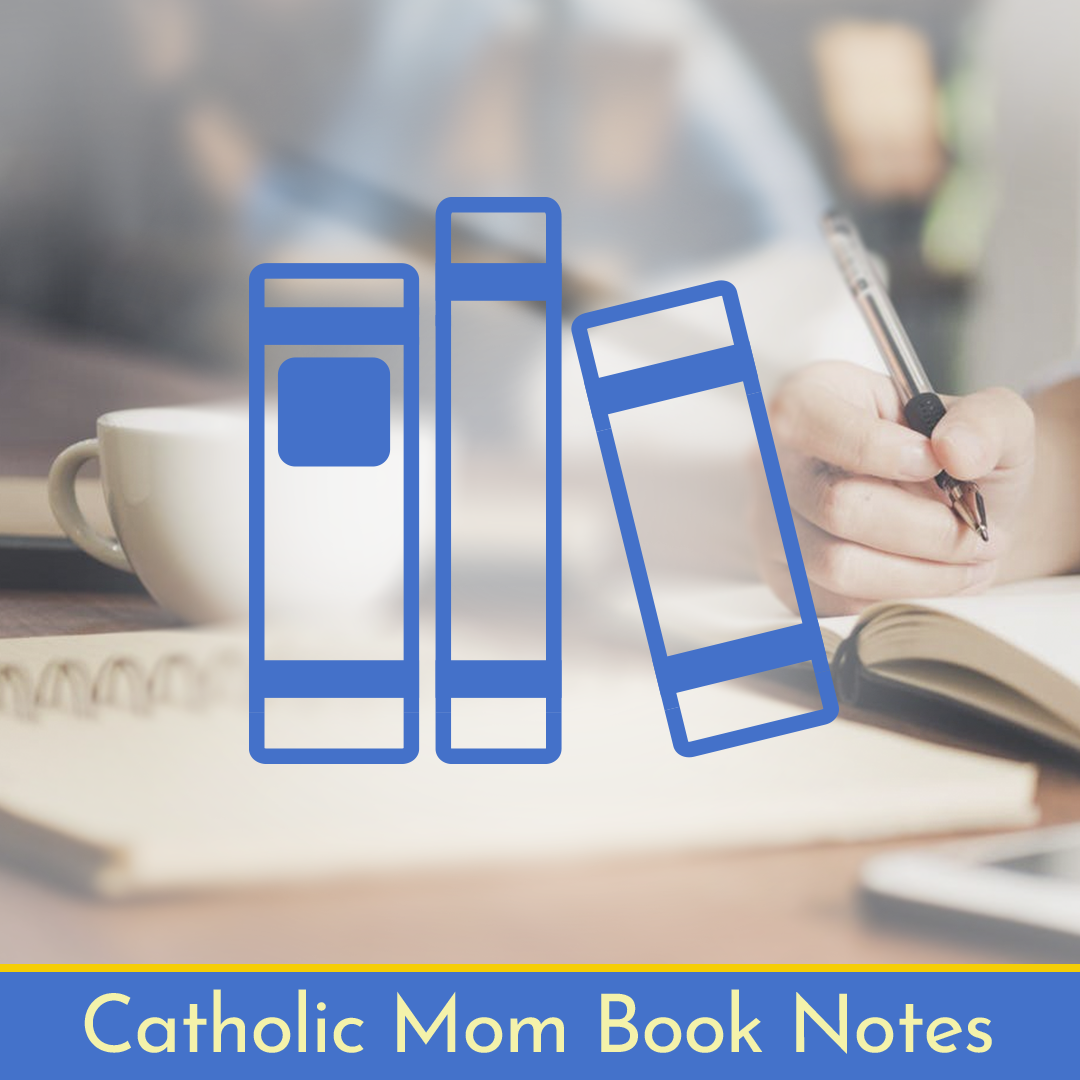
Stuart Dunn reviews the Catholic classic, "A Handbook of Catholic Dogmatics," by the 19th-century priest Fr. Matthias Joseph Scheeben.
Fr. Matthias Joseph Scheeben was a German priest who lived during the 19th century. He was also a mystic who focused on the presence of God (God is everywhere, with an everlasting love for us), the beatific vision (knowledge of God, normally reserved for angels and souls in Heaven), and hypostatic union (Jesus is one person with two natures, Divine and human).
Due to his intense and elevated wisdom, his colleagues generally left him alone, as he worked on his literary works. Perhaps the greatest work he gave us was his series on Catholic Dogmatics. Emmaus Academic is in the process of publishing these works with translations by Michael J. Miller. I would like to tell you about the first two books in this series, Handbook of Catholic Dogmatics Book One Part One and Book One Part Two.

Part One of this book is broken down into five chapters, focusing on Divine Revelation, Apostolic Preaching, the Deposit of Faith, Ecclesial Tradition, and Ecclesial Rule. Part Two of this book is only one chapter that focuses on the Catholic Christian Faith. Don’t let that one chapter fool you, though: it is near equal in length to the previous five combined.
Chapter One sets the stage on what Theological Knowledge and Divine Revelation are. Fr. Scheeben talks about the ways which God is revealed to man, through both natural and supernatural revelation, and how revelation progresses in time. Chapter Two then builds on this stage, first by showing us how Protestants and Catholics differ in their understanding and transmittal of Divine Revelation, but how and why the Catholic way of transmitting this revelation is the correct way. This is further demonstrated and explained through examples of the hierarchy of the Catholic Church and the way she hands on her Tradition.
This brings us to my two favorite chapters in the Handbook: Scripture and Tradition. These two pillars of the Catholic faith are examined in detail, and once again, Fr. Scheeben illuminates how the Catholic Church has it right, whereas the Protestant system has it wrong -- not all wrong, mind you, but skewed too far in one way. Chapter Five then wraps up by looking at ecclesiastical rules and teachings of the Catholic Church. Here we get insights into Church Councils, the office of Pope, and formation of dogma, both in Church documents, creeds, and canons. We then move to Part Two, which focuses on what faith is and how it relates to theological knowledge. I particularly enjoyed the last few parts of this book, as they focused on the history of theology, walking us through the patristic period, the medieval period, and the modern period.
Reading through these books is a very intense experience. It is not one that you casually approach on a Tuesday afternoon, thinking you’ll be done with the book by Thursday night. This is a book you will pick up and read a little bit, let that digest, and then go back and read it again to make sure it sunk in and you understood it. These are books that belong in a serious Catholic academic’s library, as you will want to reference them and glean more knowledge from them each time you open them. I look forward to seeing this series continue, and hope all who are interested have a chance to study these books and learn from them. Highly recommended!
Books that belong in a serious Catholic's library: Handbook of Catholic Dogmatics. #catholicmom

Copyright 2020 Stuart Dunn
About the Author

Stuart Dunn
Stuart Dunn was born and raised in Mobile, AL and received a Bachelor of Arts in Psychology and a Master of Business Administration from the University of South Alabama. Stuart reviews all things Catholic including adult books, children’s books, Bible Study series, Catholic Courses, CDs, and DVDs in addition to board games at his blog Stuart’s Study at StuartsStudy.blogspot.com.


.png?width=1806&height=731&name=CatholicMom_hcfm_logo1_pos_871c_2728c%20(002).png)
Comments